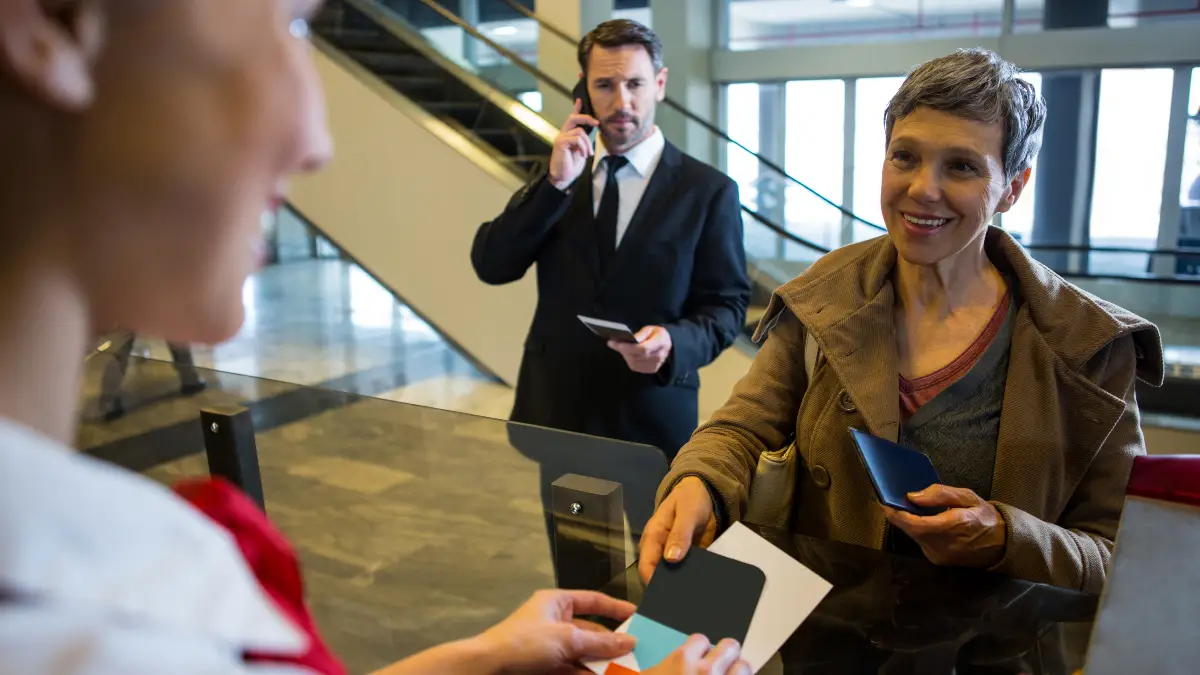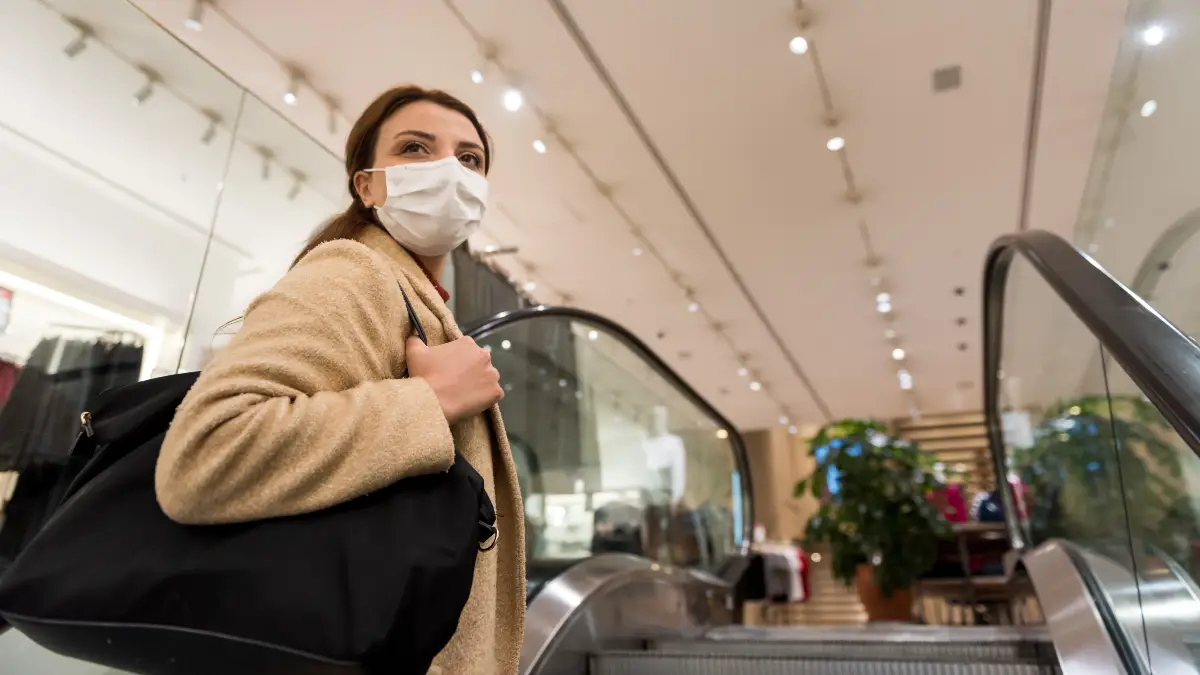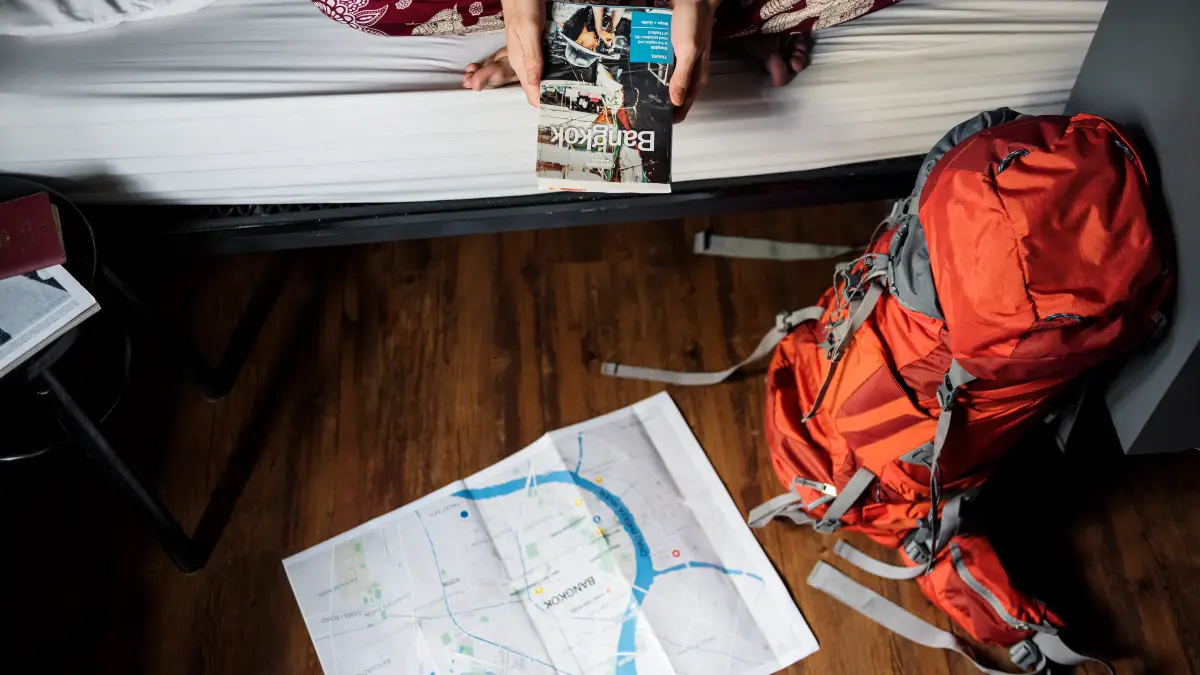Your dream vacation can collapse at the check-in counter over a simple passport date. A common prescription pill, legal at home, could get you arrested the moment you land.
These aren’t just travel horror stories; they are the daily, preventable crises that land on the desks of U.S. consular officers.
They can hand you a list of local lawyers or help replace a stolen passport, but they can’t turn back the clock on a mistake made weeks ago.
This guide is the unwritten briefing every embassy officer wishes they could give you. It’s the frank, insider advice on what you absolutely must know before leaving home to ensure your trip is memorable for the right reasons.
The Unwritten Briefing: What U.S. Embassy Staff Wish Every American Tourist Knew

A View from the Consular Window
Imagine this: You’re at the airport, excited for your big trip. But the airline won’t let you board. Why? Your passport expires in five months, and the country you’re visiting requires it to be valid for six. Your vacation is over before it started.
This happens every day at U.S. Embassies around the world. Someone shows up in a panic because of a problem that could have been avoided. Maybe they were arrested for carrying a prescription pill that’s illegal in that country. Or maybe their passport was stolen and they have no copies.
The embassy officer will help. They can give you a list of lawyers or tell you how to get an emergency passport. But they can’t turn back time. They can’t change other countries’ laws or make an airline change its rules.
This guide is the advice embassy workers wish they could give you before you leave home. It’s based on years of helping Americans out of tough spots.
The main point is simple: A U.S. Embassy is there for real emergencies, but it’s not a travel agent, a bank, or a law firm. Most travel problems don’t just happen. They come from a lack of planning. A smart traveler is a prepared traveler.
This guide will show you how to be one, so your trip is safe and you only see the embassy if you need a routine service, not a rescue.
How to Get Ready Before You Leave Home

The safety of your trip is decided before you even get on the plane. The paperwork you do before you go is your first line of defense.
Things like checking your passport’s date and buying the right insurance can stop the most common travel headaches. Embassy staff see it all the time: people who plan ahead have fewer problems.
Check Your Passport: The 6-Month Rule is Real
Your passport is the most important thing you’ll carry. It proves you’re a U.S. citizen and lets you travel. But just having it isn’t enough.
The number one reason people get turned away at the airport is simple: their passport expires too soon. Many countries, especially in Europe and Asia, have a six-month validity rule.
This means your passport must be valid for at least six months after you plan to leave their country. If you show up with less, they can send you home on the next flight, and you have to pay for it. This rule is not flexible, and the U.S. embassy cannot help you get around it.
Also, know the difference between a passport book and a passport card. You need the book for all international flights. The card only works for land and sea travel to places like Canada, Mexico, and the Caribbean.
Because your passport is so important, you need a backup plan if it gets lost or stolen. Before you go, make copies of the page with your photo and information.
Digital Copies: Take a picture of it with your phone. Save it to a cloud service like Google Drive and email it to yourself and a trusted person back home.
Physical Copies: Make a few photocopies. Keep them in a different bag from your real passport.
This takes five minutes and can save your trip. If your passport disappears, having a copy makes it much easier to get an emergency replacement at a U.S. embassy.
How to Let the Embassy Know Where You Are (STEP)
The U.S. Department of State has a free service called the Smart Traveler Enrollment Program (STEP). You should use it for every trip. Signing up connects you directly to the closest U.S. embassy. Here’s why that matters.
First, the embassy can send you important information. If there’s a security threat, a protest, a natural disaster, or a health warning, you’ll get an alert by email. This is real, official information that can help you stay safe.
Second, the embassy can find you in a big emergency. After a terrorist attack or an earthquake, they use STEP to check on Americans in the area. If you’re not signed up, it’s much harder for them to help you. Think of it as a safety essential, just like your plane ticket.
How to Read a Travel Advisory the Right Way
The State Department issues a Travel Advisory for every country. Many people just look at the level number (1 through 4), but the real information is in the details.
The four levels give you a quick look at safety :
Level 1: Exercise Normal Precautions (Blue): This is the lowest risk level.
Level 2: Exercise Increased Caution (Yellow): There are some increased risks. Be more aware.
Level 3: Reconsider Travel (Orange): There are serious risks to your safety.
Level 4: Do Not Travel (Red): This is the highest level, with life-threatening risks.
The most useful part is the risk indicators. These letters tell you why the level was set :
(C) Crime: High risk of violent crime.
(T) Terrorism: Terrorist attacks are a threat.
(U) Civil Unrest: Protests or instability are likely.
(H) Health: Disease outbreaks or poor medical care.
(N) Natural Disaster: Risk from events like earthquakes or hurricanes.
(K) Kidnapping or Hostage Taking: High risk of being kidnapped.
(D) Wrongful Detention: Risk of being arrested by the government without a good reason.
Look at these letters. A “Level 3” for a health risk (H) in a remote part of a country might not affect your trip to the capital. But a “Level 2” with a kidnapping risk (K) is a much more serious threat. Reading the details helps you make smarter choices.
Why You Absolutely Need Travel Insurance
A big mistake Americans make is thinking their health insurance works overseas. It almost never does. This includes Medicare and Medicaid. If you get sick or hurt, you will have to pay the full bill yourself. The U.S. government will not pay your medical bills.3
You need a good travel insurance plan with three parts:
Travel Insurance: This covers things like canceled trips and lost bags. With 36.1 million bags mishandled in 2023, this is more important than ever.
Travel Health Insurance: This pays for doctor visits and hospital stays. Without it, you could face huge bills that you have to pay on the spot.
Medical Evacuation Insurance: This pays to fly you home in a medical emergency. An air ambulance can cost from $20,000 to over $200,000.
People have faced hospital bills of over $50,000 for things like a burst appendix or a blood clot. Insurance is what saves you from a financial disaster. Traveling without it is a huge risk.
Don’t Get Arrested: Know the Local Laws
When you are in another country, you must follow their laws, not U.S. laws. Saying “I didn’t know” is not an excuse. Embassy staff see many serious cases that could have been avoided if the traveler had done some research.
Prescription Pills:
This is a big one. Many common U.S. prescriptions, like those for ADHD (Adderall) or strong pain, are illegal drugs in other countries. Travelers have been arrested in places like Japan and Thailand for carrying their own medicine without the right paperwork.
Before you go, check the State Department’s website for your destination and call that country’s embassy to ask about your specific medications.
Alcohol and Drugs:
Penalties for illegal drugs are very harsh in most of the world, often with long prison sentences. This includes marijuana.
Local Customs:
Some behaviors that are normal in the U.S. can be seen as rude or offensive elsewhere. This includes talking very loudly, expecting everyone to speak English, or not knowing tipping rules.
Being respectful can help you blend in and stay safe. Learning a few words in the local language goes a long way.
Doing this research is part of keeping yourself safe. Too many travelers get their tips from blogs but ignore the official guidance on the State Department’s website. They might know the best photo spots but not the laws that could put them in jail. The official Travel Advisory is the most important guide for your trip.
How to Stay Safe After You Arrive

Once you’re in another country, your job is to manage risks in real time. This means paying attention, being respectful, and knowing how to handle common travel problems. How you act can affect your safety.
3 Ways to Avoid Being a Target for Thieves
The biggest threat in most tourist spots isn’t violent crime; it’s pickpockets.5 They look for easy targets. The stereotype of an “American tourist” with flashy gadgets and clothes can make you stand out. The best way to stay safe is to blend in.
Here’s how to keep a low profile:
Dress and Act Like a Local:
Look at what people around you are wearing. Avoid clothes with big American logos. Also, keep your voice down. What sounds like a normal talking voice in the U.S. can sound like shouting in other cultures.
Protect Your Stuff:
Never put your wallet or phone in your back pocket. Use a bag that goes across your chest and keep it in front of you in crowded areas.
At a cafe, loop the strap around your leg or the chair. Be extra careful on trains and buses, especially when the doors are opening and closing.
Be Smart with Valuables:
Don’t flash a lot of cash or expensive electronics. Be careful when you use an ATM. Never leave valuables in a parked car, even in the trunk.
This isn’t about being scared. It’s about making yourself a harder target than the next person.
How to Handle a Tense Global Mood
U.S. politics can affect how Americans are treated abroad. In some places, you might get a cold shoulder or negative comments because people connect you with your government’s actions.
Here’s how to deal with it:
Avoid Touchy Subjects: Don’t start conversations about politics or other sensitive topics. If a local brings it up, it’s best to listen politely and then change the subject.
Show Respect: Learning a few simple words like “hello,” “please,” and “thank you” in the local language is a great way to show respect. It shows you are a guest in their country.
Be Humble: Be patient if things move at a different pace. If someone offers you food or a drink, it can be an insult to refuse it in many cultures.
A single bad interaction can reinforce negative stereotypes that affect other Americans who visit later. Being culturally sensitive is a key part of staying safe.
What to Do When Flights Get Canceled or Bags Get Lost
While big emergencies are rare, small problems are common. And they are happening more often. The boom in travel after the pandemic has put a strain on airports and transportation.
Here are the most common issues travelers faced in 2024:
Flight Problems: In July 2024, 2.9% of flights were canceled, and many more were delayed.
Lost Luggage: The problem of lost bags is getting worse. 36.1 million bags were mishandled in 2023.
Transportation Strikes: In Europe, strikes are a big problem. In 2024, there were over 50 days of transport strikes that messed up travel plans.
It’s important to know that these are not problems the U.S. embassy can fix. They can’t book you a new flight or find your lost suitcase.
The only way to handle these issues is to be prepared. Buy travel insurance that covers delays and lost bags. Pack medicine and a change of clothes in your carry-on. And build extra time into your schedule. You should have a plan for when things go wrong, not just hope they won’t.
What the U.S. Embassy Can (and Can’t) Do for You

The U.S. Embassy is there to protect American citizens. But there’s a big difference between what many people think an embassy can do and what it’s actually allowed to do. Knowing this difference is key to getting the right help when you need it. The embassy is a lifeline, but it has clear limits.
Here’s How the Embassy Can Help
The part of the embassy that helps U.S. citizens is called American Citizen Services (ACS). They provide both routine and emergency help.
Routine Services include:
Passports: Renewing or replacing passports is the most common service.
Report of Birth Abroad: If you have a child in another country, the embassy can issue a document that proves their U.S. citizenship.
Notary Services: They can witness signatures on documents, like a notary public in the U.S..
Federal Benefits: They can help with things like Social Security for Americans living abroad.
Emergency Services are for when you are in trouble:
If You’re a Victim of a Crime: They can help you call the police, find a doctor, and contact your family.
If You’re Arrested: An officer will visit you to make sure you are being treated humanely and give you a list of local lawyers.
If a U.S. Citizen Dies: They help the family make arrangements and issue an official report of the death.
If You Run Out of Money: They can’t give you money, but they can help your family send you funds. In a true last-resort case, they can give you a loan for a plane ticket directly back to the U.S..
If Someone is Missing: They can work with local police to help find a missing American.
The Hard Truth: What the Embassy CANNOT Do
The embassy’s limits are set by law. When you are in another country, you are subject to their laws, and the U.S. government can’t just ignore them. Also, the U.S. government does not pay the private bills of its citizens.
The U.S. Embassy absolutely cannot:
Get You Out of Jail: They cannot demand your release, tell a court you are innocent, or act as your lawyer.
Pay Your Bills: They cannot pay for your lawyer, your hospital bills, or any other personal costs. This is why you need insurance.
Act as Your Assistant: They cannot be your translator, find your lost bags, or investigate a crime.
Guarantee an Evacuation: In a major crisis, they may help coordinate a way out if there are no other options, but they can’t promise an evacuation or pay for it.
Knowing these limits is important. People often get angry at embassy staff because they expect them to solve every problem. Their job is to provide specific help in serious situations and point you to the resources you need to help yourself.
A Quick Guide to Embassy Services
This table shows what the embassy can and cannot do in common emergencies.
| If This Happens… | The U.S. Embassy CAN… | The U.S. Embassy CANNOT… |
| Passport Lost/Stolen | Give you an emergency passport to get home. | Rebook your flights or pay for new tickets. |
| You Get Arrested | Give you a list of lawyers and check on your well-being. | Get you out of jail or pay your legal fees. |
| You’re a Victim of a Crime | Help you call the police and find medical care. | Investigate the crime or pay you for what you lost. |
| You Have a Medical Emergency | Help you find a hospital and tell your family. | Pay your hospital bills or give you medical advice. |
| You Run Out of Money | Help your family send you money or offer a last-resort loan to fly home. | Give you cash or pay for your hotel or food. |
| There’s a Big Crisis | Send alerts and help coordinate a way out if commercial flights stop. | Guarantee you an evacuation or pay for your flight. |
Step-by-Step Guides for Travel Emergencies

When something serious happens, you need to think clearly. Panic makes things worse. Step-by-step guides for the most common crises. They are based on official State Department advice.
The first step is always to use what you prepared (like insurance and copies of documents), then local services, and finally the U.S. Embassy for its specific role.
What to Do if You Lose Your Passport
Losing a passport is scary, but it’s a fixable problem. About 300,000 U.S. passports are lost or stolen each year.
Stay Calm and Look Again: First, check everywhere. Your passport might just be misplaced.
File a Police Report: If it’s really gone, go to the local police (many cities have a “Tourist Police” office) and file a report. You will likely need this report for the embassy and to protect yourself from identity theft.
Contact the U.S. Embassy: Go to the embassy’s website and make an appointment for an emergency passport. Tell them when you are supposed to travel.
Get Your Documents Ready: Bring these things to your appointment to make it go faster :
Forms: You’ll need Form DS-11 and Form DS-64. You can often fill these out at the embassy.
Photo: One 2×2 inch passport photo.
ID: Another photo ID, like a driver’s license.
Proof of Citizenship: A copy of your lost passport is best.
Travel Plans: A copy of your ticket home.
Fee: Be ready to pay the fee, which is about $165.
Know the Limits of an Emergency Passport: The embassy will give you a temporary, limited-validity passport. It is designed to get you straight back to the U.S.. You probably cannot use it to travel to other countries. If you try, you could be denied entry, which creates a new problem. When you get home, you have to apply for a new, full-validity passport.
What to Do if You Get Arrested
Getting arrested in another country is very serious. Their laws apply to you, not the U.S. Constitution.
Ask for the Embassy Right Away: The most important thing to do is tell the police: “I am an American citizen, and I request that you notify the U.S. Embassy.” This is your right under an international treaty.
Be Calm and Cooperative: Do not fight, argue, or try to bribe anyone. Be polite. Do not sign anything you don’t understand.
What the Embassy Will Do: An embassy officer will visit you. They are there to :
Check that you are a U.S. citizen.
Check on your health and how you are being treated.
Give you a list of local lawyers who speak English.
Tell your family (if you give them permission).
You Must Follow the Local Legal Process: The embassy cannot get you out of jail. Their job is to make sure you are treated fairly under local laws.
Wrongful Detention: In very rare cases, the U.S. government may decide a detention is “wrongful.” This means you were arrested for political reasons or without cause. This makes your case a high-level diplomatic issue. In 2024, 54 Americans were in this category.
What to Do in a Medical Emergency
A medical problem in another country can be scary because you don’t know the system.
Call Local Emergency Services First: In a life-threatening situation, call the local version of 911. The embassy is not a 911 dispatcher.
Call Your Insurance Company: This is the most important call you will make. Contact the 24/7 help line for your travel insurance. They will talk to the hospital, arrange payment, and figure out if you need to be flown home.
Contact the U.S. Embassy: After the immediate crisis is under control, call the embassy. They can help by :
Giving you lists of local hospitals and doctors.
Helping you contact your family.
Working with your insurance company to arrange a medical flight if needed.
Be Ready for Different Standards: Medical care is not the same everywhere. You may have to pay for care upfront.
It’s also good to know the real risks. The number one killer of Americans abroad is not a strange disease; it’s car crashes, followed by homicide and drowning.51 Simple things like wearing a seatbelt can save your life.
What to Do if You Run Out of Money
Running out of money can turn into a big problem fast.
Call Your Family and Friends First: The fastest way to get money is to have someone send it to you through a service like Western Union or a bank wire.31 Your credit card company might also be able to give you a cash advance.35
Let the Embassy Help You Get Money: If you can’t get money sent directly, the embassy can help. Your family can send money to the State Department, which then gets it to the embassy for you to pick up. There is a $30 fee for this service.
The Repatriation Loan: A Last Resort: If you are truly broke and have no other options, you might get a loan from the government to fly home. The rules are very strict:
The loan is only for a one-way, economy ticket directly to the U.S. It does not pay for hotels or food.
You have to sign a paper promising to pay it back and give them your passport.
You cannot get a new passport until you pay back the loan in full.
This loan is a serious step to get you home, not a free flight.


